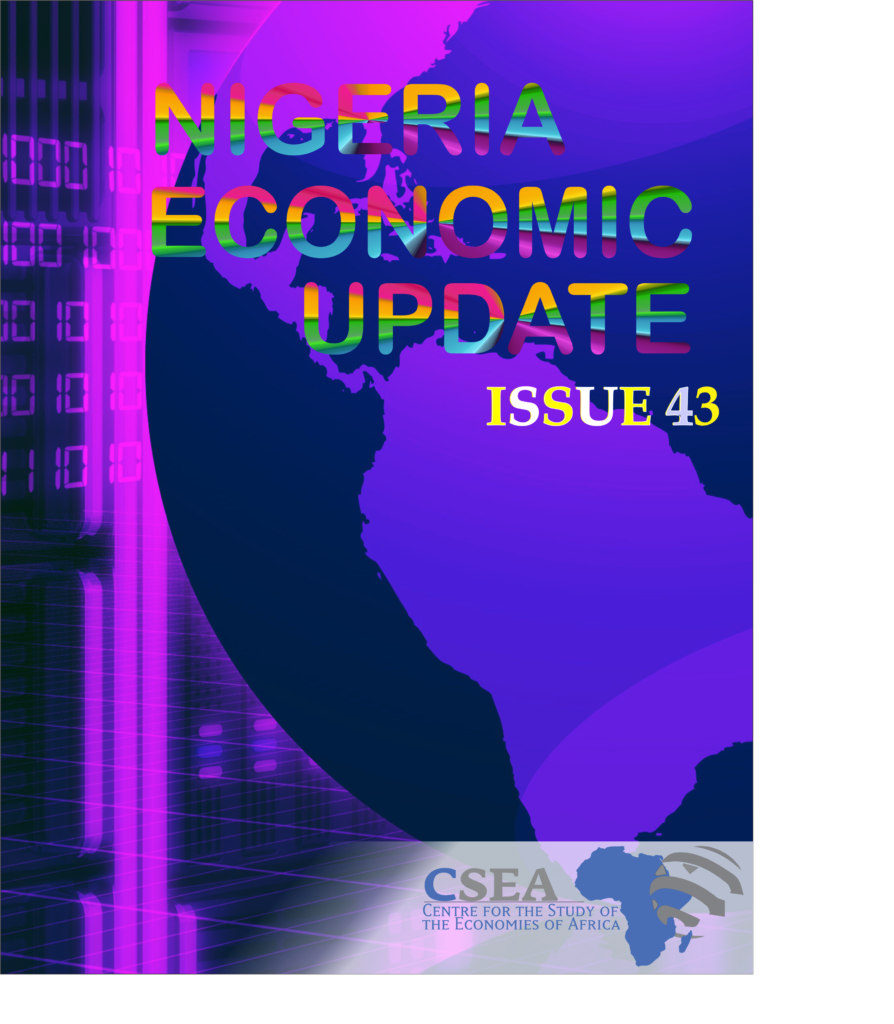The CBN quarterly consumer expectation survey shows that consumers expressed optimism as outlook for the third quarter of 2018 was positive. Relative to 2018Q2, consumer index increased from -6.3 index points to 1.5 index points.1 Some respondents attributed their increased confidence to improved economic conditions. Consumers also had a favourable outlook for the next quarter and the next 12 months at 24.7 and 30.1 points respectively, owing to expected increase in net household income and the anticipated improvement in Nigeria’s economic conditions. With rallying global oil prices and some stability in the Naira buttresses consumers’ economic expectations, some indicators cast gloomy prospects. These indicators include: capital flow reversals from Nigeria due to consecutive increases in the United States’ benchmark interest rate, as well as Nigeria’s depleting external reserve, declining equities market performance, and uncertainties in the political environment in lieu of the 2019 general elections
Macroeconomic Report & Economic Updates

November 6, 2018
Nigeria Economic Update (Issue 43)
The CBN quarterly consumer expectation survey shows that consumers expressed optimism as outlook for the third quarter of 2018 was positive. Relative to 2018Q2, consumer index increased from -6.3 index points to 1.5 index points.1 Some respondents attributed their increased confidence to improved economic conditions. Consumers also had a favourable outlook for the next quarter […]
Read →
Related
Nigeria Economic Update (Issue 50)
Crude oil price experienced
a mixed week from November 18 to November 25, 2016. Specifically, OPEC basket
price and Brent crude price fluctuated, to a daily average of $44.6 (from
$42.33)and $48.3 (from $46.86)per barrel
respectively. The present oil volatility is as a result of sell-offs,
attributable to speculations/fears of an insufficient production cut by OPEC (in
its bid to control oversupply) - a deal scheduled for its next meeting on
November 30th 2016. This speculations have arisen due to
the reluctance of major OPEC member country (Saudi Arabia) to participate in the
potential oil cut dealwhich could exert a downward pressure on oil
prices. However, oil prices should rise if OPEC members agree to the oil cut
deal. Irrespective of the outcome of the meeting, Nigeria is exempted from the
potential crude oil cut. Thus, it will be optimal for the government to act
quickly to address the insurgence in the Niger Delta region, in order to raise domestic oil production as much as
possible.
Nigeria Economic Update (Issue 36)
Recently
released GDP figures reveals that the three major sectors recorded positive and
negative growth rates individually in 2017Q2. Firstly, Agricultural
sector grew Year on Year by 3.01 percent, down from 3.39 percent in 2017Q1- driven by
weaker output in crop production and Fishing sub-sectors. This is not
unconnected with the planting season and the shortage of grainsfor livestock/fish respectively.
